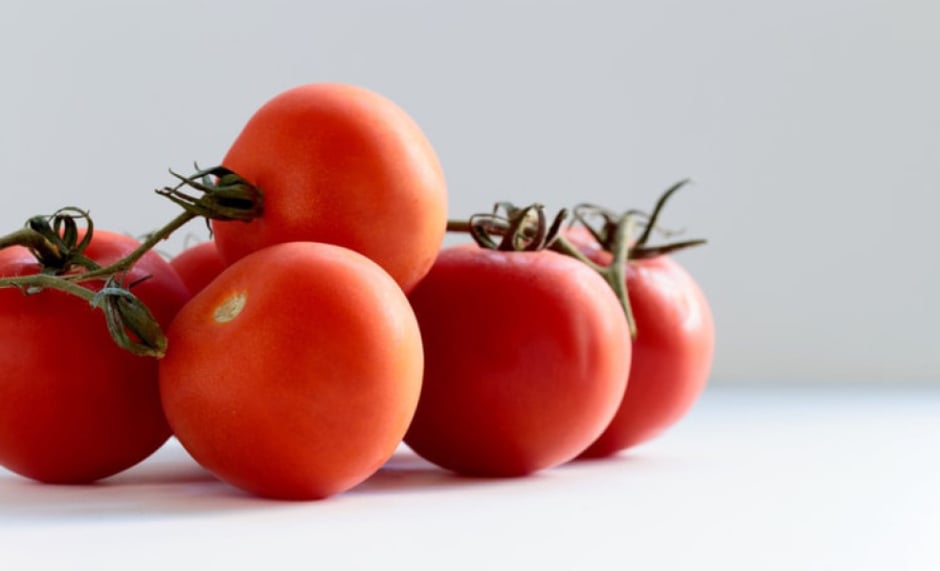THE COMPLEX nature of dietary benefits and risks, particularly regarding disease prevention, requires ongoing attention from nutritionists and gastroenterologists for the recommendation of balanced and optimised diets. Attesting to this challenge, recent research from Ohio State University in Columbus, Ohio, USA, has emerged showing that dietary iron halves the absorption of lycopene, an antioxidant-rich carotenoid found in tomatoes that protects against cancers of the colon, prostate, and lung. This broaches the concept that adding iron-rich meat to tomato sauce may counter-act the health benefits of the fruit.
In the study, seven males were given test meals, consisting of a tomato shake with tomato extract, and both with and without supplemented ferrous sulfate. Each participant’s blood and digestive fluids were analysed following the meal, to which an almost two-fold drop in lycopene uptake over time was demonstrated in the ferrous sulfate group.
Rachel Kopec, assistant professor of nutrition at the University and lead author of the study, commented that “This could have potential implications every time a person is consuming something rich in lycopene and iron… You’re probably only getting half as much lycopene from this as you would without the iron.”
Despite it being previously known that iron can destroy certain compounds when mixed, it’s impact on fruit and vegetable carotenoid absorption was ambiguous. These findings should be considered alongside the questions still surrounding the beneficial properties of these plant pigments; researchers are still trying to determine whether carotenoids like lycopene potentiate the fight against cancer using contained antioxidants, or whether other compounds are at play.
The authors acknowledged that the use of solely male subjects and the focus on exclusively apo-lycopenoids limited the study, however there is optimism that the further elucidation of means by which different dietary components interact will help the adoption of healthier diets in the general population.








